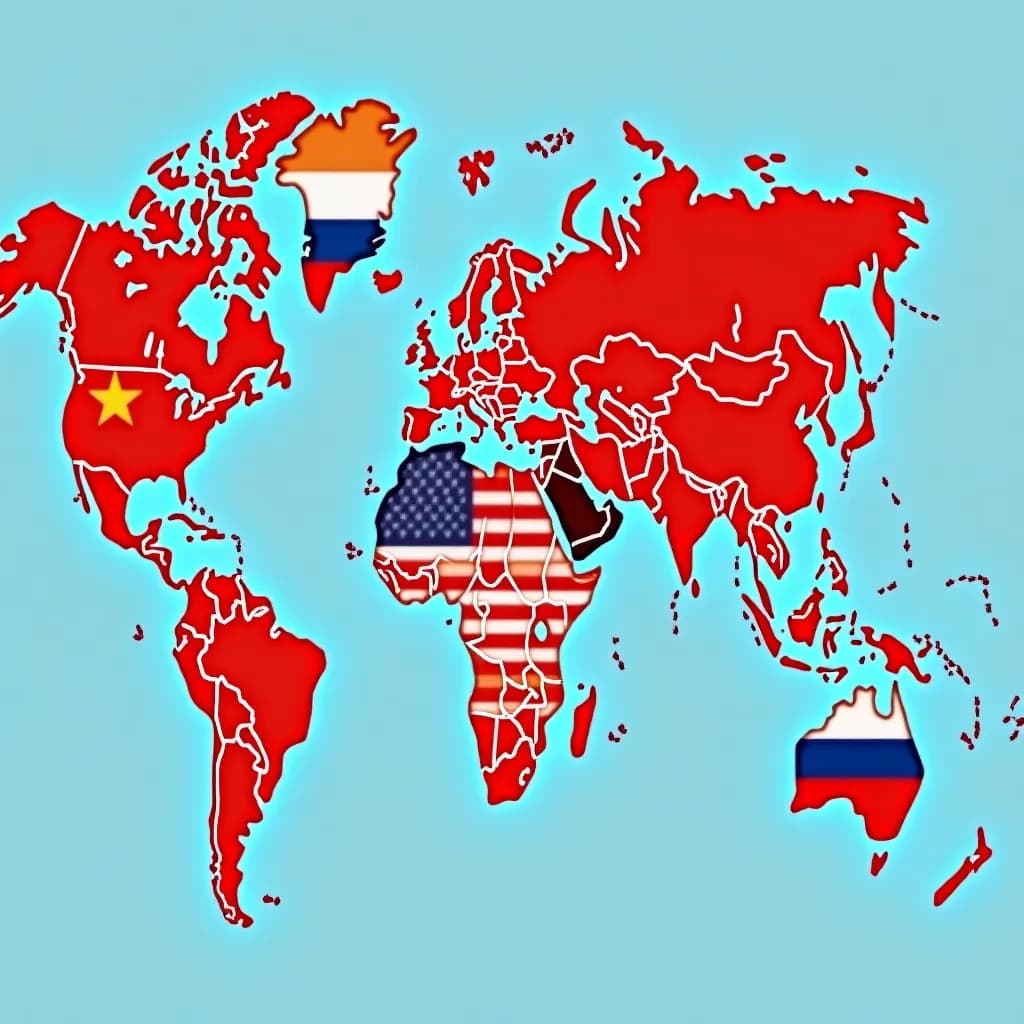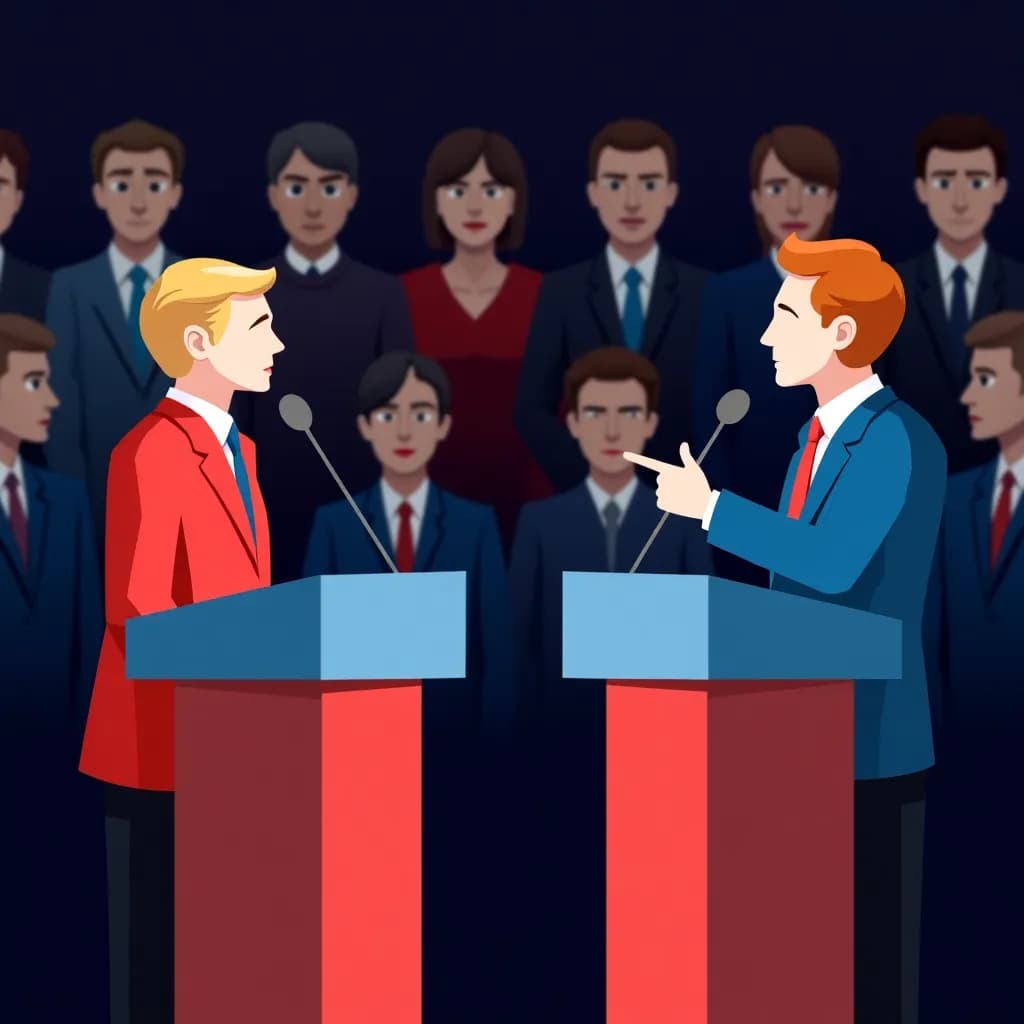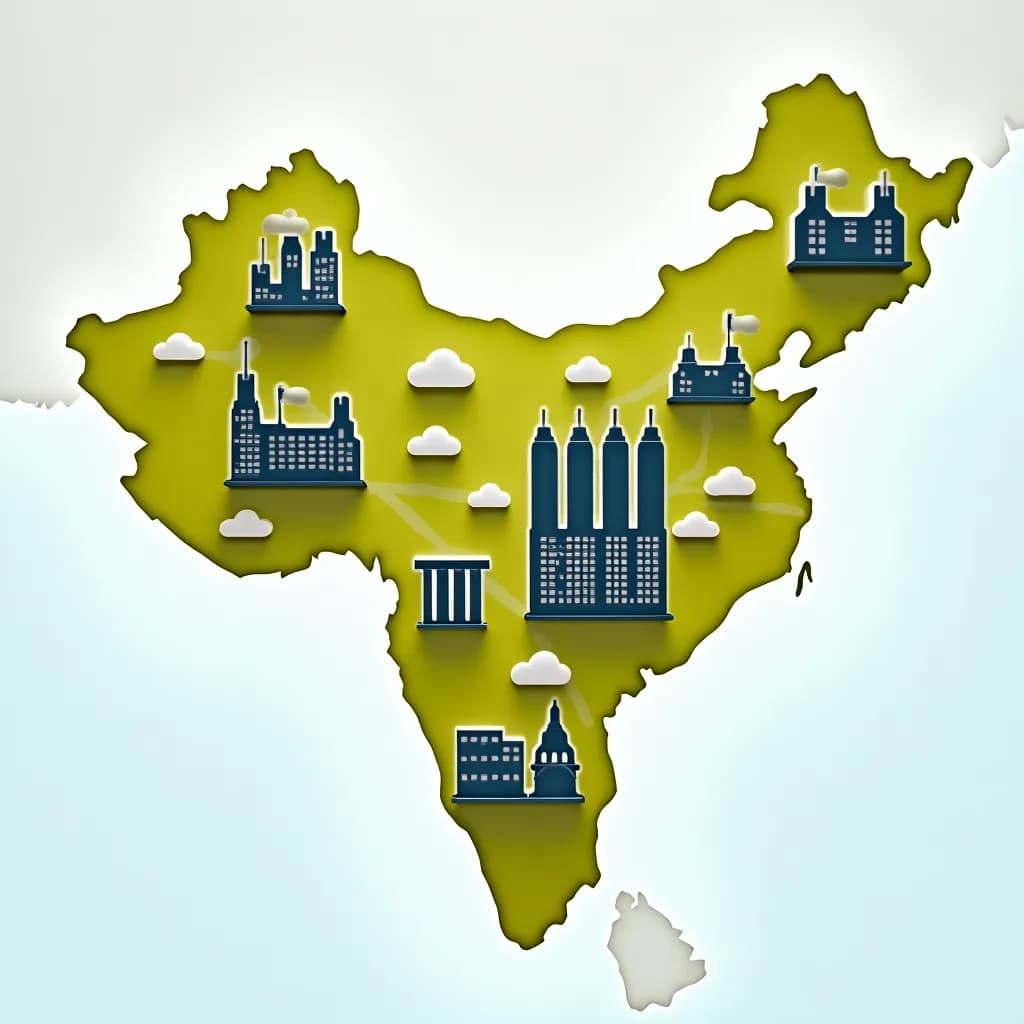In recent years, the concept of Universal Basic Income (UBI) has gained significant traction as a potential solution to economic inequality, automation-driven job losses, and the rising cost of living. Advocates argue that a guaranteed, unconditional income for all citizens could reduce poverty, empower workers, and encourage entrepreneurship. However, critics warn that such a policy could be financially unsustainable, disincentivize work, and expand government control over the economy.
The Case for UBI
Supporters of UBI, including figures from both progressive and libertarian circles, see it as a way to address the instability of modern labor markets. As automation and artificial intelligence replace jobs in sectors ranging from manufacturing to customer service, a guaranteed income could act as a safety net. Andrew Yang, a former U.S. presidential candidate, popularized the idea in his 2020 campaign, arguing that a “Freedom Dividend” of $1,000 per month would give people the financial security to seek better opportunities, invest in education, or start businesses.
Studies in countries like Finland, Canada, and Kenya have suggested that UBI recipients experience lower stress levels, improved health, and greater job-seeking success. Additionally, proponents believe that reducing bureaucracy by replacing multiple welfare programs with a single direct payment could increase government efficiency.
The Case Against UBI
Opponents argue that a universal income could create massive budget deficits and require substantial tax increases, potentially discouraging investment and economic growth. They also fear that UBI could decrease the incentive to work, leading to labor shortages in essential industries. Milton Friedman, while advocating for a negative income tax (a more targeted form of assistance), warned that unconditional payments could reduce productivity and weaken social cohesion.
Critics also question whether UBI would truly reduce poverty or merely redistribute wealth inefficiently. Some argue that funds would be better spent on education, job training, and targeted social programs that directly help those in need rather than giving blanket payments to everyone, including the wealthy.
The Political Divide
UBI has created unusual alliances and divides across the political spectrum. Some liberals and progressives view it as a necessary response to economic inequality, while conservatives and libertarians see it as a way to shrink government welfare programs and give individuals greater financial freedom. However, many traditional conservatives and centrists remain skeptical, fearing that it represents an unsustainable expansion of the welfare state.
With pilot programs being tested in various countries, the future of UBI remains uncertain. Will it become a revolutionary policy that redefines the relationship between citizens and the state, or will it prove to be an expensive utopian experiment that fails to deliver on its promises? As the global economy continues to evolve, the debate over UBI will likely intensify, shaping the future of economic policy and social welfare.
```









